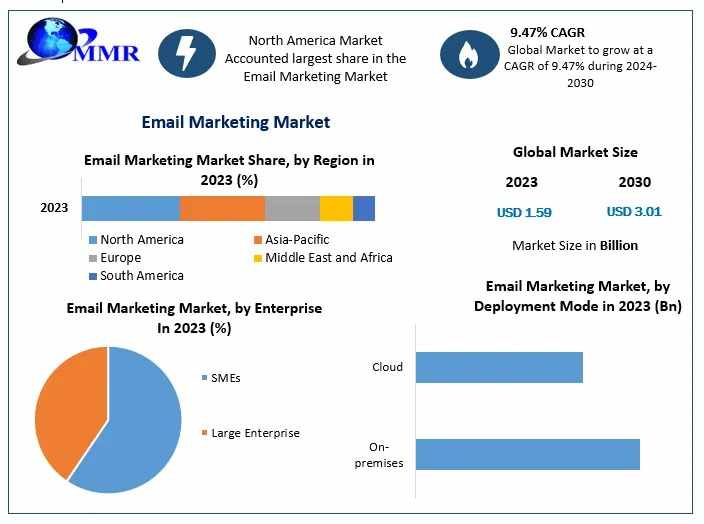
The Sensor Hub Market has experienced significant growth in recent years, driven by advancements in sensor technology, the increasing need for IoT connectivity, and the growing demand for automation across various industries. A sensor hub is a device or module that integrates multiple sensors, providing real-time data collection and processing without relying on a central processing unit to handle each sensor independently. This innovation is becoming crucial in applications such as smart homes, wearables, automotive systems, industrial automation, and healthcare.
Key Drivers of the Sensor Hub Market
Several factors are contributing to the rapid growth of the Sensor Hub market:
Advancements in IoT and Connectivity: The proliferation of the Internet of Things has created a surge in demand for sensor hubs. IoT devices rely heavily on real-time data and efficient communication systems, and sensor hubs facilitate the integration of multiple sensors into a single platform. This enables seamless communication between devices, driving greater efficiency and connectivity.
Miniaturization of Sensors: Over the past decade, sensor technology has advanced tremendously, with sensors becoming smaller, more accurate, and cost-effective. The miniaturization of sensors is a key factor driving the growth of the Sensor Hub market. Smaller, more powerful sensors allow for the development of compact devices, making it easier to incorporate them into various products, from smartphones to medical devices.
Increasing Demand for Wearables and Smart Devices: The wearable technology market, which includes products like smartwatches, fitness trackers, and augmented reality (AR) glasses, relies heavily on sensor hubs to gather data from environmental, physiological, and motion sensors. These devices need to process data from multiple sensors in real-time, making sensor hubs a crucial component for their performance.
Automotive Applications: Sensor hubs are playing a pivotal role in the automotive industry, particularly in the development of autonomous vehicles. They are used to process data from radar, LiDAR, cameras, and ultrasonic sensors, enabling real-time decision-making for vehicles. The integration of sensor hubs into vehicles allows for improved safety, navigation, and performance, thus accelerating the adoption of autonomous driving technologies.
Healthcare Innovations: In the healthcare industry, sensor hubs are essential for the development of advanced medical devices, such as remote patient monitoring systems, diagnostic equipment, and wearables that track vital signs. These devices require efficient data processing capabilities to deliver timely and accurate health information, thereby improving patient outcomes and enhancing personalized care.
Market Segmentation
The Sensor Hub market can be segmented based on the type of sensors integrated, application, and region.
By Type of Sensor: The market includes a variety of sensor types, such as motion sensors, pressure sensors, temperature sensors, proximity sensors, and gas sensors. The integration of these sensors into a single hub allows for more complex data collection and processing capabilities, enabling smart decision-making.
By Application: The major applications of sensor hubs include consumer electronics, automotive, healthcare, industrial automation, and environmental monitoring. The automotive sector is expected to be a major growth driver due to the increasing adoption of autonomous vehicles. Meanwhile, healthcare and industrial automation are also seeing rapid growth, driven by the demand for real-time data processing.
By Region: The global sensor hub market is witnessing significant growth across various regions, with North America and Europe leading the way due to the high adoption of smart devices, IoT, and automation technologies. However, the Asia-Pacific region is expected to experience the fastest growth due to the increasing demand for consumer electronics and the expansion of automotive and industrial automation sectors in countries like China and India.
Future Outlook
The Sensor Hub market is poised for continued growth as sensor technology evolves and more industries integrate IoT and automation into their processes. The increasing focus on energy efficiency, data processing capabilities, and miniaturization will drive innovations in sensor hubs. Moreover, the rise of 5G technology will further enhance connectivity and data transfer speeds, enabling even more sophisticated applications of sensor hubs in real-time decision-making systems.
Conclusion
The Sensor Hub market represents a dynamic and rapidly evolving space within the tech industry. With advancements in sensor technology and IoT integration, sensor hubs are set to revolutionize how data is collected, processed, and acted upon, opening the door for innovative applications and improved efficiency across numerous sectors.


















Write a comment ...